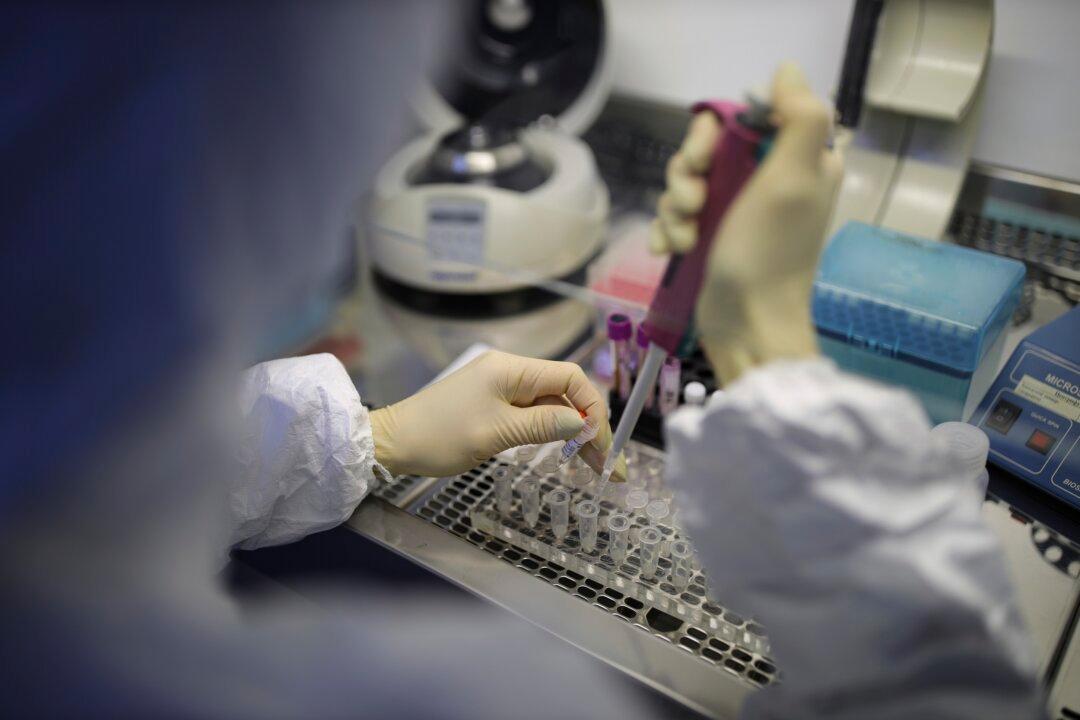Though Chinese officials claim the number of new coronavirus infections are on the decline, a top American official warned against “wishful thinking” and said virus still poses a serious threat.
“I think that we better be careful about jumping to the conclusion that this is turning around, because when you look into monitoring of infections you sometimes see it go up and down,” Dr. Tony Fauci, the director of the National Institute of Allergy & Infectious Disease, said during an appearance on Bloomberg TV on Feb. 12.





